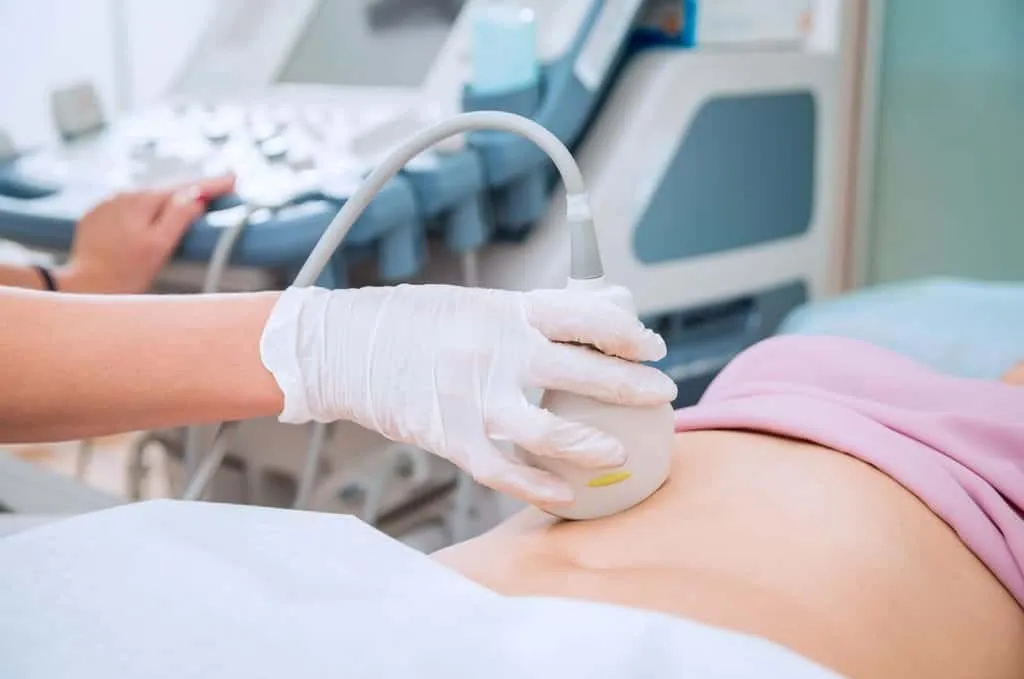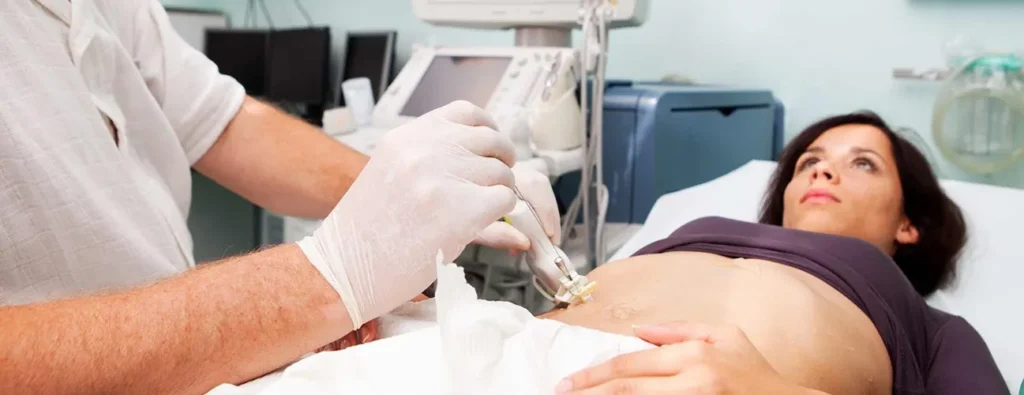
eGenesis and OrganOx Secure U.S. FDA IND Clearance for Acute-On-Chronic Liver Failure Treatment
eGenesis, a pioneering biotechnology company focused on developing human-compatible engineered organs, and OrganOx Ltd., a leading medical technology company specializing in organ preservation and support systems, today announced a groundbreaking achievement in their collaboration. The U.S. Food & Drug Administration (FDA) has granted clearance for the investigational new drug (IND) application for EGEN-5784, a human-compatible, genetically engineered porcine liver. This innovative liver, in combination with the OrganOx extracorporeal liver cross-circulation (ELC) system, is intended to support patients suffering from acute-on-chronic liver failure (ACLF), particularly those with decompensated liver function in the intensive care setting.
This milestone comes on the heels of a significant partnership between eGenesis and OrganOx, which began in November 2024. The companies entered into an exclusive clinical co-development agreement aimed at advancing this potentially lifesaving technology for patients with acute or acute-on-chronic liver failure. Every year, an estimated 35,000 people in the United States are hospitalized due to liver failure, and many of them face a grim prognosis. These patients often experience limited treatment options and a high mortality rate, with short-term survival rates as low as 50%. The goal of this groundbreaking therapy is to provide an alternative that may not only allow the liver to recover but also give patients enough time to secure a liver transplant, if necessary.
The EGEN-5784 Technology
The key innovation of the collaboration between eGenesis and OrganOx lies in the development of a human-compatible, genetically engineered porcine liver, EGEN-5784. This porcine-derived liver is designed to integrate seamlessly with the human body, making it a promising candidate for supporting patients whose livers have failed. The genetically engineered nature of the liver aims to overcome many of the immunological and functional challenges that have historically hindered the use of animal organs in humans. When combined with OrganOx’s ELC system, this engineered porcine liver is designed to support a patient’s decompensated liver function, potentially giving the patient’s native liver a chance to recover.
In addition, the EGEN-5784 liver system provides a vital bridge for patients who are ineligible for a liver transplant. For these patients, who may have exhausted other options, the device offers a novel intervention that could extend their survival, improve their quality of life, and stabilize their condition long enough for a transplant to become a viable option.
Clinical Progress and Ongoing Studies
To date, eGenesis and OrganOx have made significant strides in testing the feasibility and safety of EGEN-5784. The companies have completed four perfusions with decedent recipients as part of the PERFUSE-2 study, which demonstrated the feasibility of using the engineered porcine liver in combination with the OrganOx ELC system. These tests have shown that the liver successfully integrates with the human circulatory system, offering critical support to patients suffering from liver failure.
The clearance of the IND application by the FDA represents a pivotal moment in the clinical development of this technology. With this approval, eGenesis and OrganOx are now ready to launch a Phase 1 clinical trial to assess the safety, performance, and clinical activity of EGEN-5784 in patients suffering from ACLF and hepatic encephalopathy. This trial will enroll up to 20 patients across multiple clinical centers in the United States, focusing on individuals who are ineligible for a liver transplant and have ACLF of Grade 2 or Grade 3 severity. The trial will evaluate how the EGEN-5784 liver, when used in conjunction with the OrganOx ELC system, can support these critically ill patients and potentially provide them with a pathway to recovery.
The Phase 1 trial will be instrumental in determining whether the combination of the EGEN-5784 porcine liver and the OrganOx ELC system can provide the necessary clinical support to stabilize patients in the ICU. The trial will also evaluate the liver’s ability to facilitate the recovery of the native liver, or at the very least, buy enough time for a liver transplant to be arranged.
A Collaborative Breakthrough

This development is a direct result of the unique partnership between eGenesis and OrganOx, which combines expertise in genetically engineered organs with cutting-edge medical technology. According to Michael Curtis, Ph.D., the CEO of eGenesis, the FDA’s approval represents a significant advancement in the mission to develop human-compatible organs that could transform the treatment of organ failure. Dr. Curtis emphasized that this technology has the potential to extend the lives of patients who otherwise have limited treatment options and face extremely high mortality rates.
“This breakthrough reflects the culmination of years of research and development, and we are excited to continue working with OrganOx to bring this innovative solution to patients in need,” said Dr. Curtis. “Together, we are well positioned to assess the full potential of this technology and ultimately improve the lives of people facing life-threatening liver failure.”
Craig Marshall, the CEO of OrganOx, echoed these sentiments, emphasizing the importance of the collaboration in addressing the urgent need for effective treatments for patients suffering from ACLF. Marshall noted that the application of OrganOx’s platform metra® technology in combination with eGenesis’ genetically engineered liver could have life-saving implications for patients who have limited therapeutic options. He pointed out that the severity of ACLF leaves patients with few alternatives, and the high mortality rate underscores the urgency of finding viable solutions.
“The collaboration with eGenesis demonstrates the unique potential of our metra® technology to support a novel and lifesaving intervention for patients suffering from acute-on-chronic liver failure,” said Marshall. “By combining our expertise and resources, we are bringing forward a groundbreaking solution that could dramatically improve outcomes for these critically ill patients.”
The approval of EGEN-5784 marks the beginning of what could be a major shift in the landscape of organ transplantation and support. By leveraging the power of genetic engineering and advanced medical technologies, eGenesis and OrganOx are poised to lead the way in providing new treatment options for patients with organ failure, particularly liver failure. The collaborative efforts of the two companies are focused not just on improving survival rates but on offering a longer-term solution for patients who might otherwise have no chance at recovery.
With the Phase 1 trial now underway, both eGenesis and OrganOx are closely monitoring the clinical progress of the EGEN-5784 liver system. The companies are optimistic that the data from this trial will further validate the safety and efficacy of the technology, paving the way for broader clinical use and, ultimately, regulatory approvals for expanded patient populations.
If successful, the combination of EGEN-5784 and the OrganOx ELC system could offer a new era of hope for patients suffering from ACLF and other forms of liver failure, with the potential to reduce the high mortality rates currently associated with these conditions. As the trial progresses, the biotechnology and medical technology sectors will closely watch this innovative partnership, as its success could have far-reaching implications for the future of organ transplantation and organ support therapies.
The partnership between eGenesis and OrganOx represents a significant step forward in the development of life-saving treatments for liver failure. The FDA’s clearance of the IND application for EGEN-5784 in combination with the OrganOx ELC system opens the door for further clinical exploration and offers new hope to patients suffering from ACLF. With continued collaboration and clinical testing, this breakthrough technology may ultimately change the way liver failure is treated, offering patients a second chance at life.





